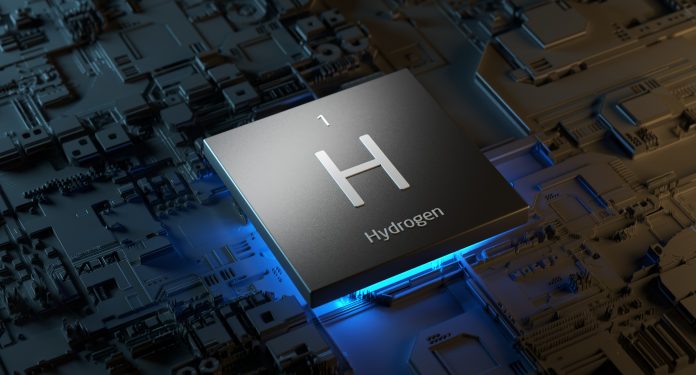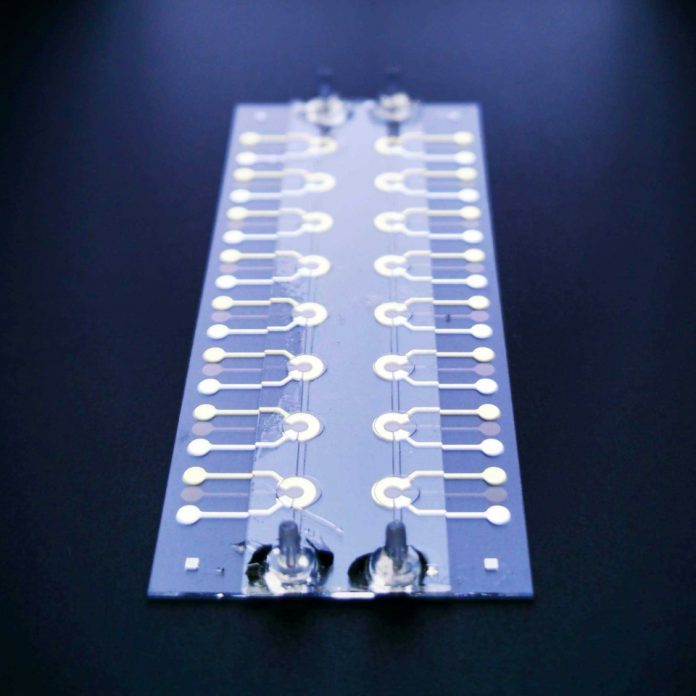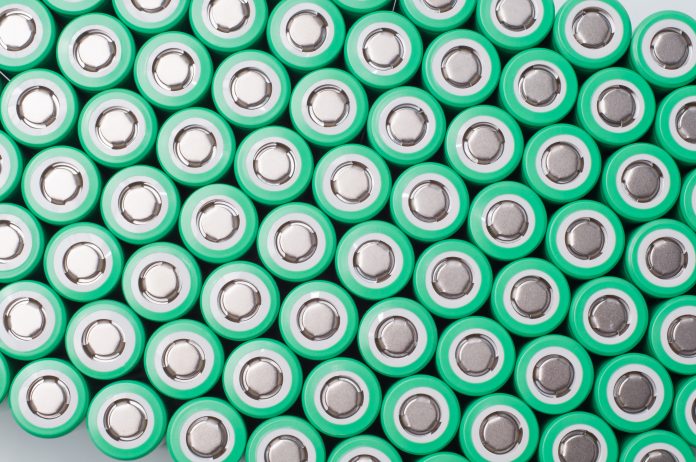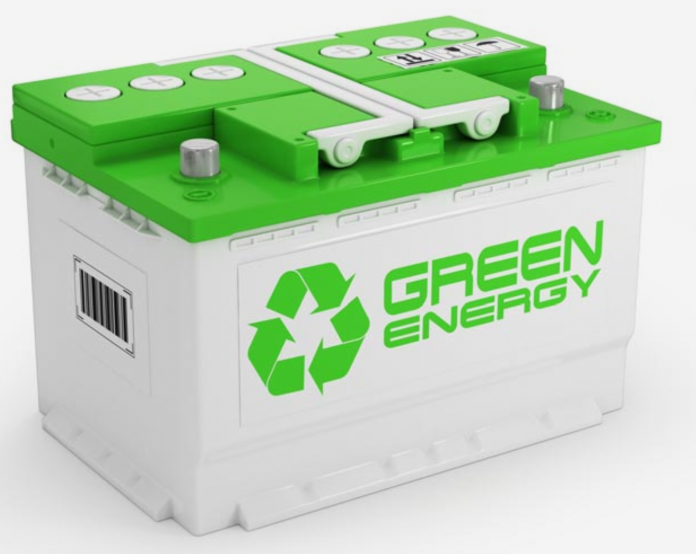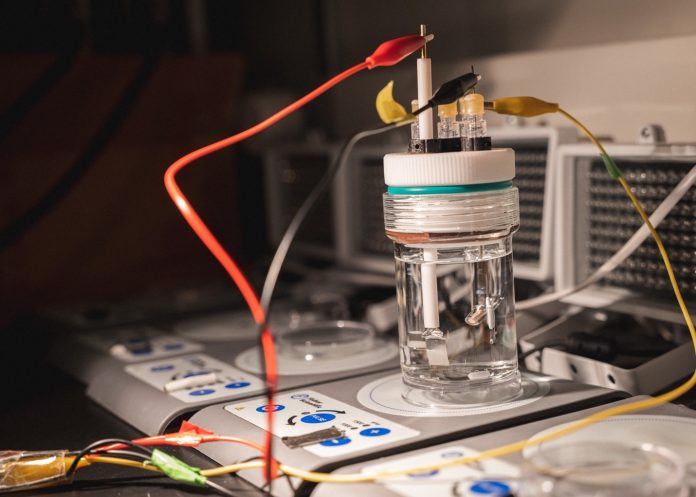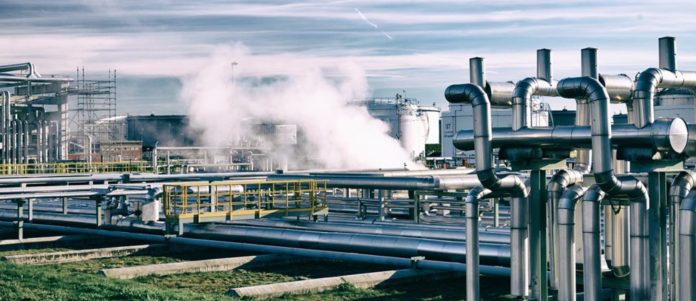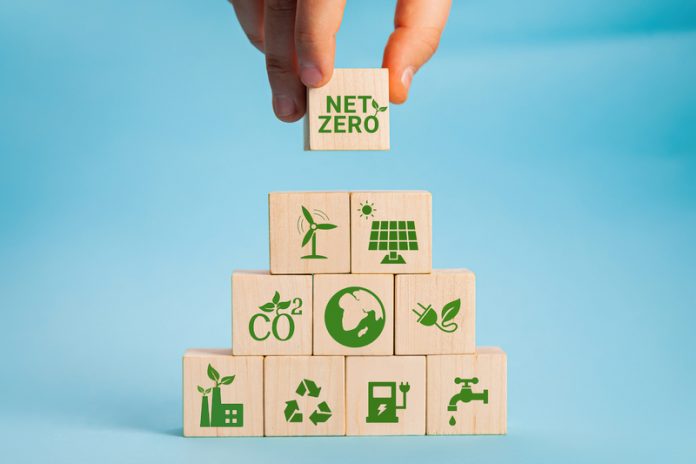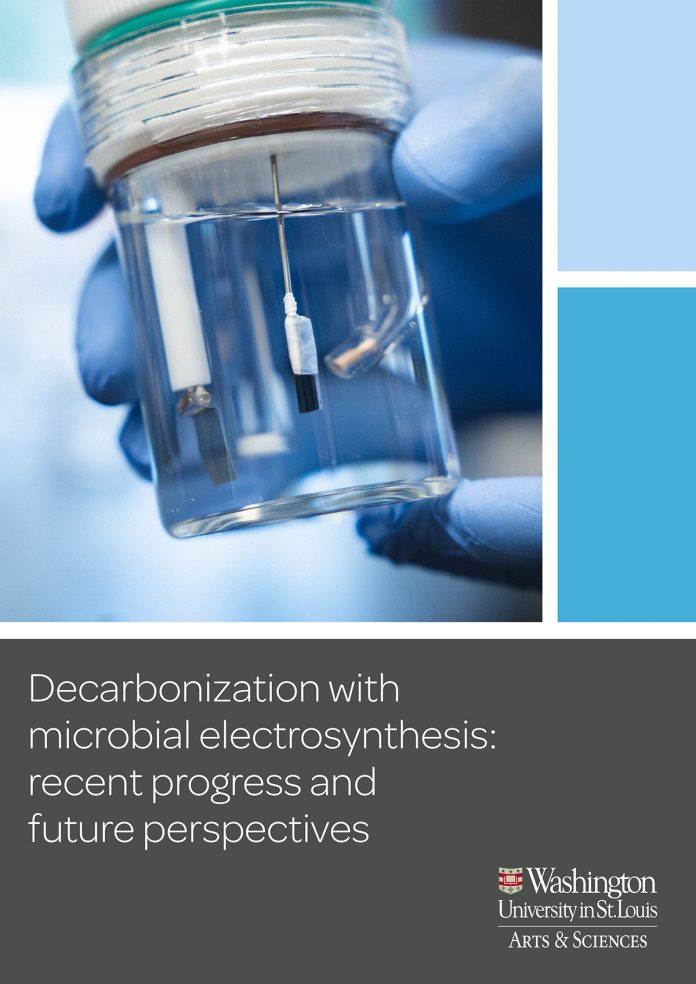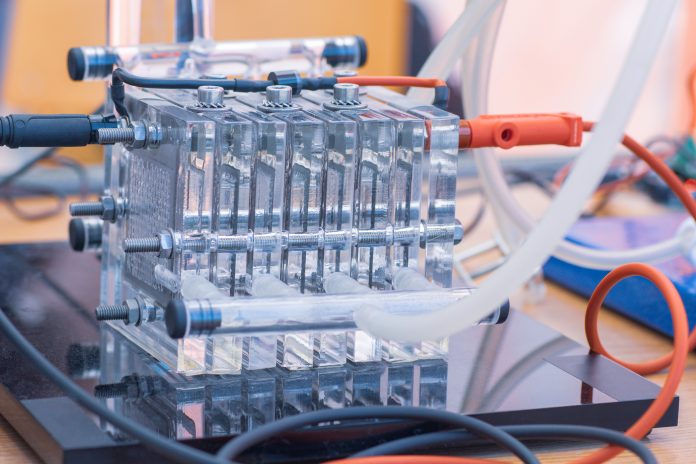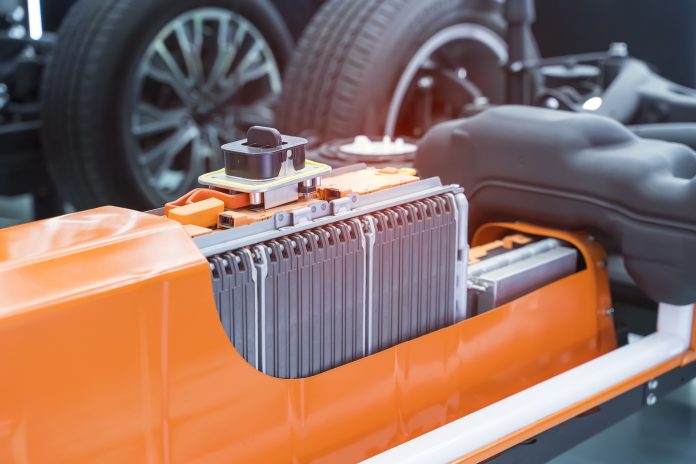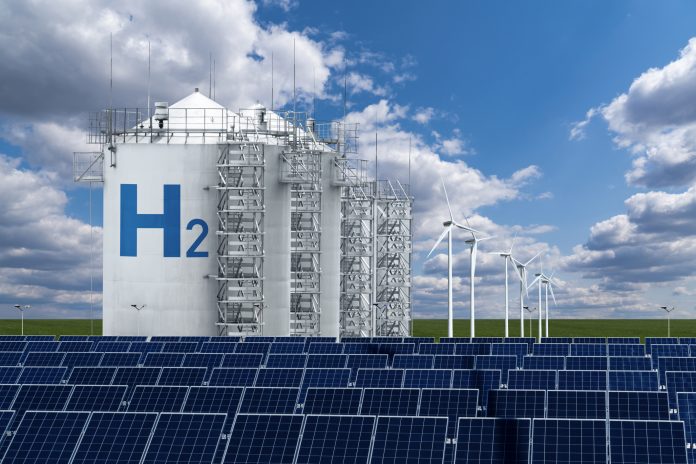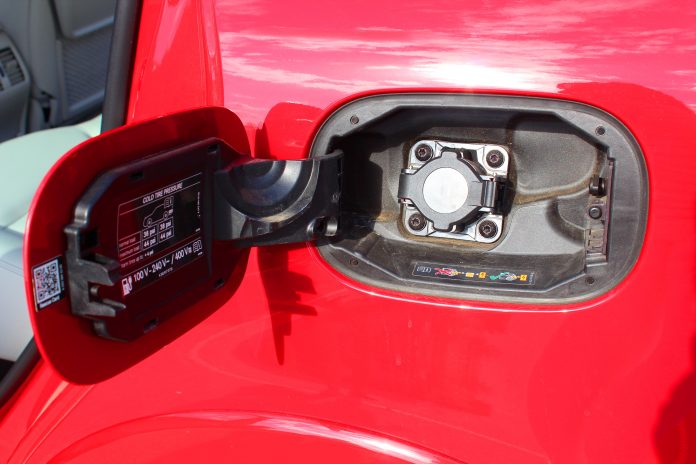Home Search
Electrochemical - search results
If you're not happy with the results, please do another search
The real potential of hydrogen fuel cells: Bramble Energy’s PCBFC™ Solution
Swiss inventor Francois Isaac de Rivaz created the world’s first internal combustion engine vehicle powered by hydrogen in 1807. Yet, hydrogen fuel cells have not become part of the mainstream fuel mix in mobility circles.
Microbes on a chip: How microfluidics can help us better understand and engineer electroactive...
Electroactive microbes exchange electrons with their environment for survival.
Calorimetric studies and safety tests on lithium-ion cells and post-lithium cells
Open Access Government interviews Dr Carlos Ziebert from KIT on the thermal and safety properties of batteries across calorimetric studies.
Cutting-edge research is taking lead batteries to the next level
Here, the Consortium for Battery Innovation argues that cutting-edge research is taking lead batteries to the next level.
The role of synthetic biology in Microbial electrosynthesis
Microbial electrosynthesis (MES) describes synthetic biology approach to the conversion of CO2 to various carbon compounds via the electrochemical interactions of electrographic biocatalysts and an electrode.
Microbial electrosynthesis: The way forward for biomanufacturing
Aarthi JanakiRaman, Research Director, Chemicals and Advanced Materials at TechVision, walks us through Microbial electrosynthesis (MES) and ponders whether it is the way forward for biomanufacturing in the chemical industry.
Improving microbial electrosynthesis with novel cathode modifications
Professor Arpita Bose discusses how iron-based mediators can enhance electron uptake in electrotrophic bacteria, which are employed as biocatalysts in microbial electrosynthesis technologies.
Clean tech projects get a €1.8 billion boost through the EU Innovation Fund
In an effort to help bring breakthrough technologies to the market, the EU has chosen to invest €1.8 billion in 16 large-scale innovative clean-tech projects under the third round of awards under the Innovation Fund.
Valorisation of industrial CO2 side streams and BIOCON-CO2 H2020
Montse Bosch, Area Manager at Leitat Technological Center, discusses the BIOCON-CO2 H2020 project and its transformation of raw CO2 waste into everyday products.
Microbial electrosynthesis: Achieving a sustainable economy
Aarthi JanakiRaman, Research Director, argues that microbial electrosynthesis is a way to achieve a sustainable economy.
Could soil microbes be a solution to the climate crisis?
Research from Arpita Bose’s lab combines nature with the laboratory to innovate solutions to our global climate crisis
Much of the focus on climate change mitigation lies in reducing anthropogenic emissions of carbon greenhouse gases (e.g., carbon dioxide, CO2; methane, CH4), which continue to increase. An additional consideration is the...
Constantinos G. Vayenas – University of Patras, Academy of Athens
Constantinos (Costas) Vayenas was born in Athens in 1950 and studied Chemical Engineering at the National Technical University of Athens (NTU, 1968-1973)
He received his PhD from the University of Rochester in NY, USA in 1976 and then taught as Assistant Professor at Yale University (1976-77) and as Assistant and...
Decarbonization with microbial electrosynthesis
Eric Conners, Arpita Bose and Prem Prabhakar at the Department of Biology, Washington University, discuss microbial electrosynthesis - a way of creating commercially significant bio-commodities.
Environmentally friendly fuel cells to capture 99% of carbon dioxide
Researchers use hydrogen fuel cells for carbon capture, bringing environmentally friendly fuel cells to transportation and technology.
Scientists can restore lifespan of a dead lithium battery
Researchers have found a way to revitalise rechargeable lithium batteries, potentially improving the capacity of next generation batteries.
112CO2: Low temperature catalytic methane decomposition for COx-free hydrogen production
Adélio Mendes, Full Professor from University of Porto and coordinator of 112CO2 project, describes the concept of low temperature catalytic methane decomposition for COx-free hydrogen production.
Microbial electrosynthesis for sustainable bioproduction
Arpita Bose, PhD, Associate Professor at Washington University illustrates how microbes may prove essential for developing sustainable technologies as we strive for greener economies.
Developing a new “smart water ecosystem” to deliver water circularity
The REWAISE project is developing electrochemical capture of Li from brines using spent battery electrodes to help alleviate water scarcity.
Fuel cell electric transport for a sustainable sector
Vidal Bharath, Chief Operating Officer at Bramble Energy explains why fuel cell electric transport is the answer for a truly sustainable transport sector.
Increasing electric car battery safety using calorimeters
Dr Carlos Ziebert, head of IAM-AWP’s Calorimeter Center, KIT, explains how the safety of batteries for electric cars can be increased by research using battery calorimeters.


